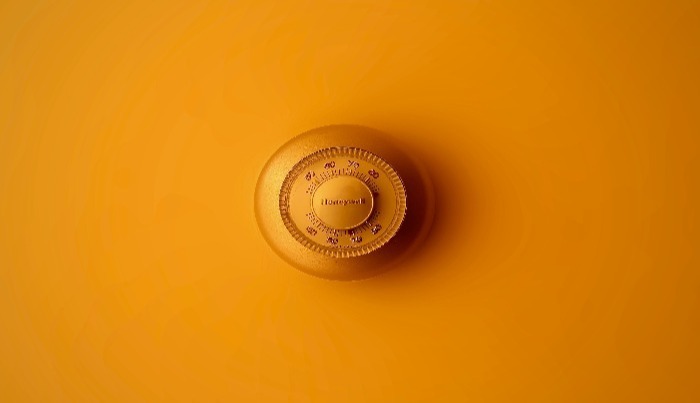When the classic rock band Foreigner asks if you feel “hot-blooded” or “cold as ice,” they could easily be talking about room temperature. Studies show that temperature ignites more than just disagreements among people sharing space—it can directly impact your ability to concentrate, your sleep, and even your overall health.
In this article, Amy Osmond Cook, a Daily Herald contributor, explores the various ways the surrounding temperature can affect a person’s body, from sleep comfort to heart health. Here are some highlights of the surprising ways being hot or cold can impact your health and work productivity.
High Blood Pressure
Researchers have found that cold weather is associated with a significant increase in both systolic and diastolic blood pressure. The increase has been shown both for people with prior high blood pressure and people with normal levels.
“Bundling up and avoiding exertion can help people with preexisting heart conditions stay safe in the cold,” says Amy Doan, administrator at Smith Ranch Skilled Nursing and Rehabilitation Center. “A healthy diet in warm weather or cold can also help keep blood pressure down.”
Trouble Learning
As the temperature rises, our ability to learn drops. According to one study, students may have lower achievement in school when it is hot outside: researchers looked at PSAT results from 10 million students and linked them to local weather, finding that hot school days reduced academic achievement.
A likely cause of the lower achievement is reduced productivity during instructional time. However, students who had air conditioning in their school performed better than students who did not, so keeping the building at a comfortable temperature can likely improve learning.
Migraine Trigger
People who have migraines may find that extreme temperatures can trigger powerful headaches. Several weather features can be more than an annoyance for people with migraines, including the temperature. Very cold or very hot days could bring on a migraine, so stay indoors if you notice a change in temperature gives you a headache.
Better Sleep
Being too warm or too cool at night could have more of an impact on your sleep than you realize. Not only can the wrong temperature keep you awake, but it can also affect the quality of your sleep when you do fall asleep. Sleeping at the wrong temperature can decrease the amount of REM sleep you get, so adjust the thermostat and add or remove bedding and clothing to achieve the ideal temperature while you rest.
Better Fat
A cool bedroom could help you maintain a healthy weight. Researchers found that people who slept in a cool room had more brown fat, a kind of fat that burns energy and helps maintain body temperature. Brown fat is healthier than white fat, which contributes to obesity and raises the risk of type II diabetes.
Whether you lean toward being hot-blooded or practice a more cold-blooded approach to room temperature, studies show that being too hot or too cold is not only uncomfortable, but it can also have an impact on your health. It’s worth working with the thermostat (and your housemates) to find a happy medium for you and your body.
To read the full Daily Herald article, click here:

